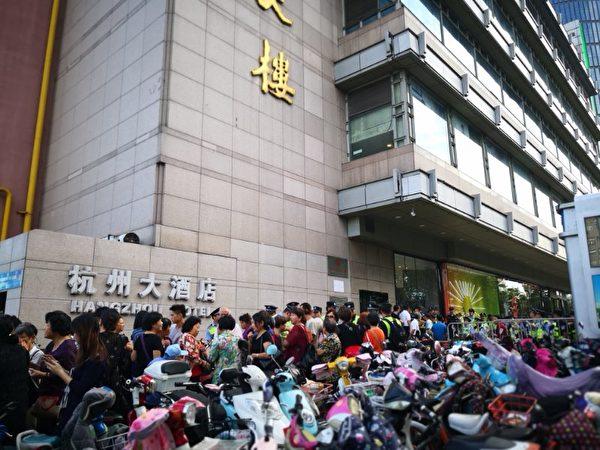A large Chinese peer-to-peer (P2P) lender collapsed just a couple of weeks after seeking final approval to launch an initial public offering (IPO) at the U.S. Nasdaq stock exchange.
Tairan, which operates under Xiaotai International Investment, folded after its founder, Pan Baofeng, surrendered himself to police in Hangzhou, Zhejiang Province on Nov. 1, saying his company was involved in illegal fundraising.





